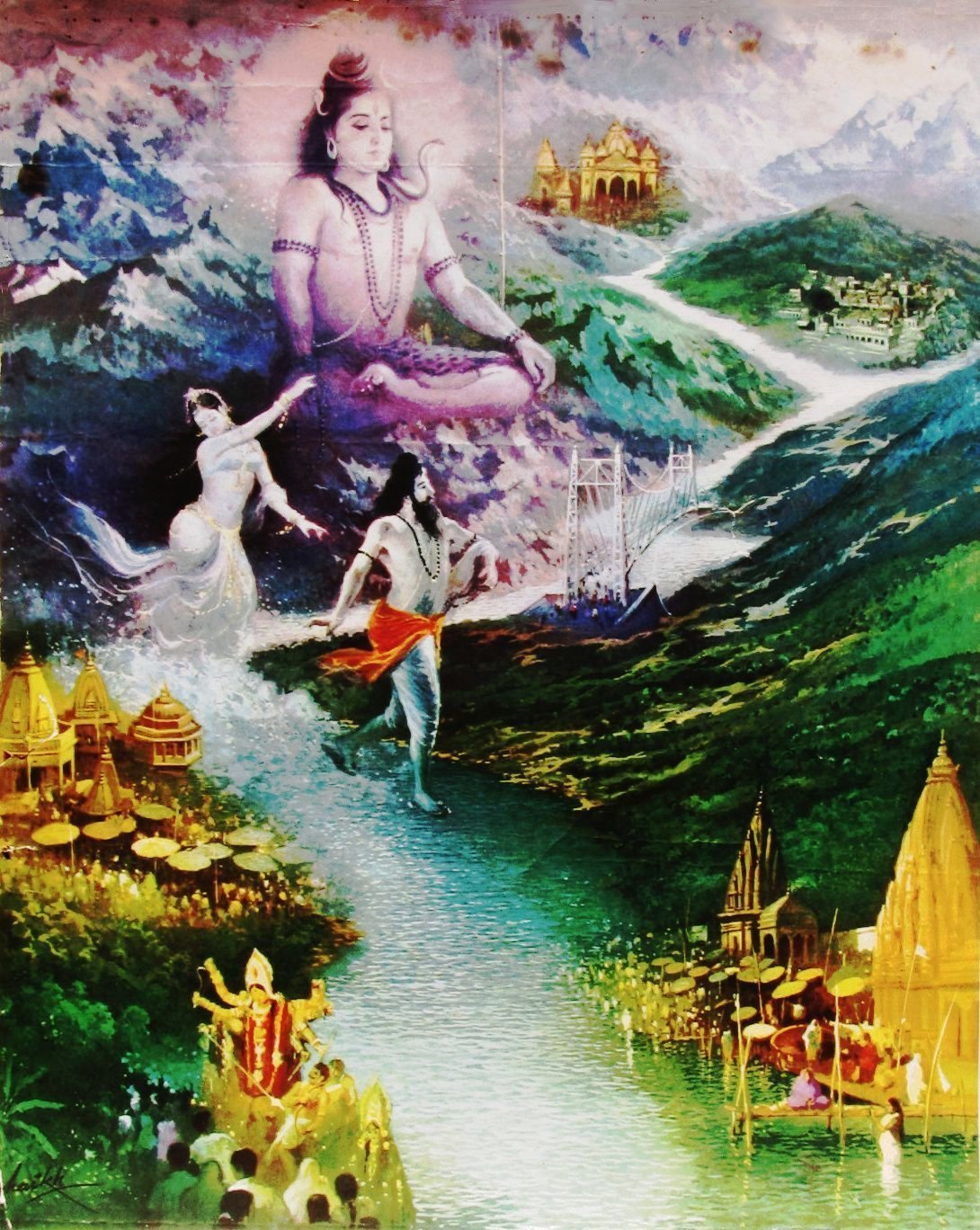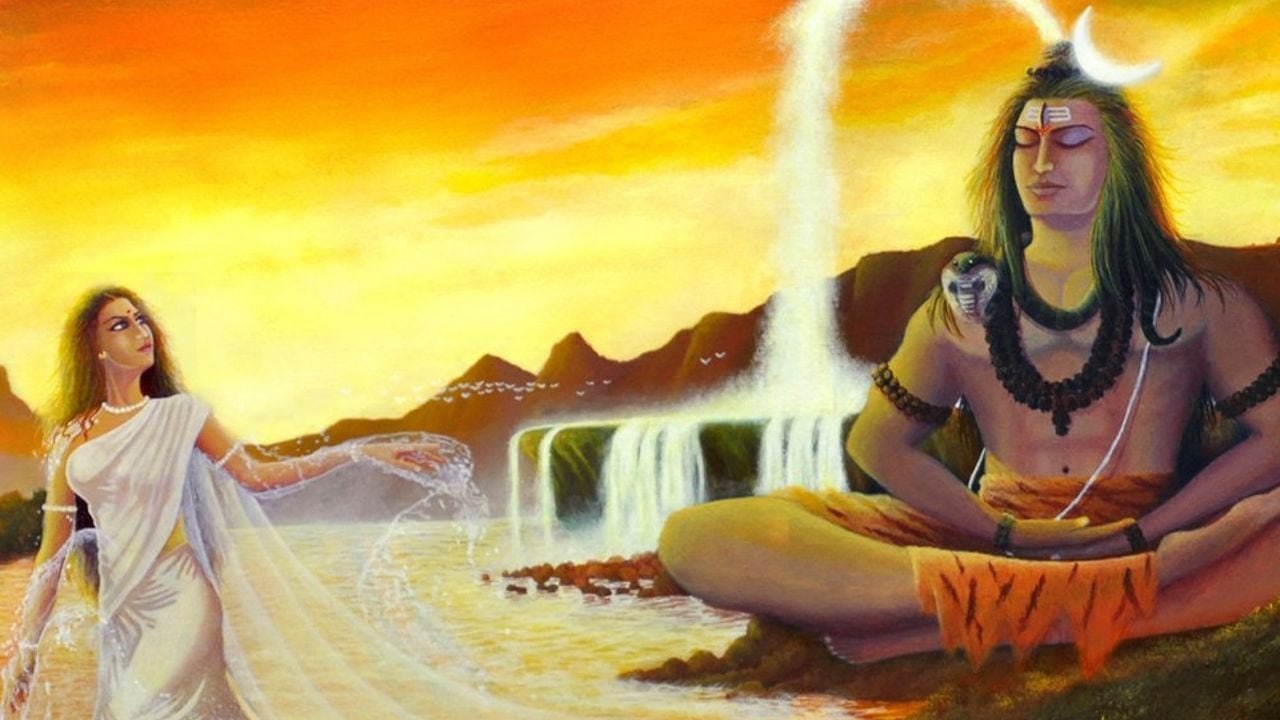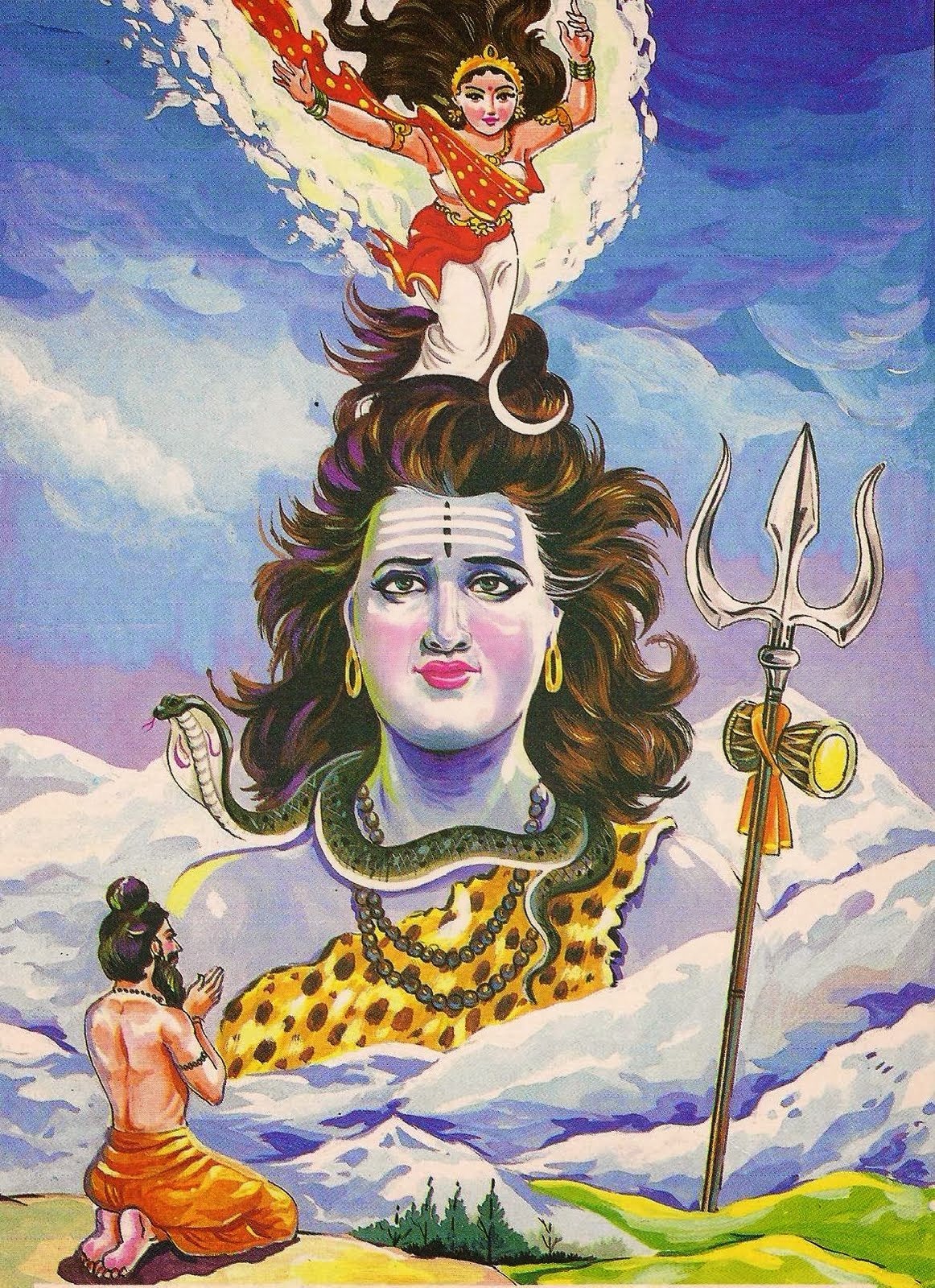King Bhagiratha: Ancient India’s Revolutionary Story of Same-sex Parenting in 2025
While modern debates rage about LGBTQ+ family rights, ancient Hindu mythology already wrote the playbook for same-sex parenting, and the hero of the story became one of India’s most celebrated kings. King Bhagiratha, responsible for bringing Ganga from heaven as a river on Earth, was born to two mothers, and his birth was considered a blessing and socially approved.
The Divine Blueprint for Queer Families
A child born miraculously from a same-sex union became an ancestor of Lord Rama, proving that queer parenting in Hindu mythology wasn’t scandalous it was sacred. The story of Bhagiratha’s two mothers, Queens Chandra and Mala, offers something revolutionary for 2025: ancient precedent for diverse family structures blessed by divine intervention.
After King Dilipa’s death, his two widowed queens faced a kingdom without an heir. Rather than political machinations or forced remarriage, they turned to spiritual solution. The two women should copulate; Lord Shiva told them in their dreams and leave the rest to the gods. The two women who shared a close friendship waited till they both knew the right time had arrived. Then they united sexually and in the tenth month, one of them conceived and a son was born.
This isn’t a footnote in Hindu literature it’s a foundational story about divine approval of same-sex relationships and nontraditional family formation.
Beyond Mythology: 2025’s Reality Check
Pride Month 2025 in India finds new resonance in stories like Bhagiratha’s. In honour of Pride Month 2025 in India, Outlook Traveller looks at how queer individuals and sexualities are depicted in the myths and temples of Hinduism. These aren’t modern reinterpretations they’re ancient narratives finally getting the attention they deserve.
The timing feels prophetic. As same-sex adoption rights and LGBTQ+ parenting continue evolving globally, Bhagiratha’s story provides cultural precedent for Indian families exploring diverse structures. Queer characters in Indian mythology are not restricted to tokenistic representations but are crucial in taking important narratives forward and even celebrating them.
The Cowes Connection: Love Beyond Convention
The relationship between Bhagiratha’s mothers’ challenges modern assumptions about ancient Indian women’s agency. These weren’t passive victims of circumstance Hey were active agents of love, desire, and dynastic responsibility. The legend of King Bhagiratha’s birth gives rare insight into sanctioned queer romance between queens Chandra and Mala as part of a divine design.
Their story suggests that polyamorous relationships in ancient India could evolve into same-sex partnerships when circumstances and emotions aligned. The puranic understanding that cowives “commit themselves to not only live with the husband but also to live with his other wives” provided a framework for intimate bonds that could transcend the husband’s death.
This wasn’t predatory or desperate behaviourist was recognized, divinely sanctioned love that produced a hero.
“When Shiva appeared in their dreams and prescribed same-sex intimacy as the path to conception, it validated what these queens already felt for each other love that transcended conventional boundaries.”
The Miracle Child: Ancient Attitudes vs. Modern Prejudice
The original text suggests that 14thcentury attitudes viewed same-sex conception as “miraculous and monstrous,” but contemporary evidence suggests otherwise. The Hindu canon accepts queer behaviour be it crossdressing, sexual fluidity or homosexual intercourse as perfectly natural. Nowhere is it mentioned as a crime or sin or with any negative overtones.
Bhagiratha’s birth wasn’t seen as punishment or aberration it was divine intervention solving a political crisis through love. The child grew up to become a legendary king whose achievements (bringing the Ganges to earth) benefited all humanity. His same-sex origins didn’t diminish his heroism Hey enhanced it.
2025’s Family Revolution: Learning from Ancient Wisdom
Modern LGBTQ+ families in India can draw strength from Bhagiratha’s legacy. His story proves that nontraditional family structures can produce extraordinary outcomes when supported by community acceptance and divine blessing.
Contemporary same-sex parenting discussions often focus on legal rights and social acceptance, but Bhagiratha’s story adds spiritual validation. If ancient Hindu texts celebrated same-sex conception as divinely ordained, what does that say about modern resistance to queer parenting?
Progressive Hindu families in 2025 are rediscovering these stories, finding in them permission to embrace diverse family structures. A 2019 survey found that 22% of Hindus, the highest of any religious group polled, believed same-sex relationships should be accepted by society and that number continues growing as people reconnect with inclusive mythological precedents.
The Ganga Legacy: From Personal Love to Universal Benefit
Bhagiratha’s greatest achievement bringing the sacred Ganges from heaven to earth came from a man born of same-sex love. The river that sustains millions of Indians exists because two widowed queens chose love over convention and received divine support for their choice.
This metaphor resonates powerfully in 2025: queer love creating universal benefit. Bhagiratha’s story suggests that relationships outside traditional boundaries can produce outcomes that serve the greater good. His same-sex origins weren’t obstacles to overcommitted were essential to his heroic identity.
Reclaiming Heritage, Reshaping Futures
Hindu LGBTQ+ advocacy in 2025 increasingly draws from stories like Bhagiratha’s, proving that queer identity isn’t Western import but indigenous heritage. India’s queer history lives in temples, folklore, and rituals. Sacred spaces and stories reveal a rich, gender diverse past.
The conversation has shifted from defensive apologetics to confident reclamation. Young LGBTQ+ Hindus aren’t asking for acceptance despite their tradition they’re celebrating acceptance within their tradition.
Bhagiratha’s story doesn’t just validate same-sex relationships; it validates the families these relationships can create and the extraordinary contributions those families can make to society. In 2025, that’s not just mythology that’s prophecy fulfilled.
The river still flows, the hero is still celebrated, and love-in all its forms continues creating miracles.






